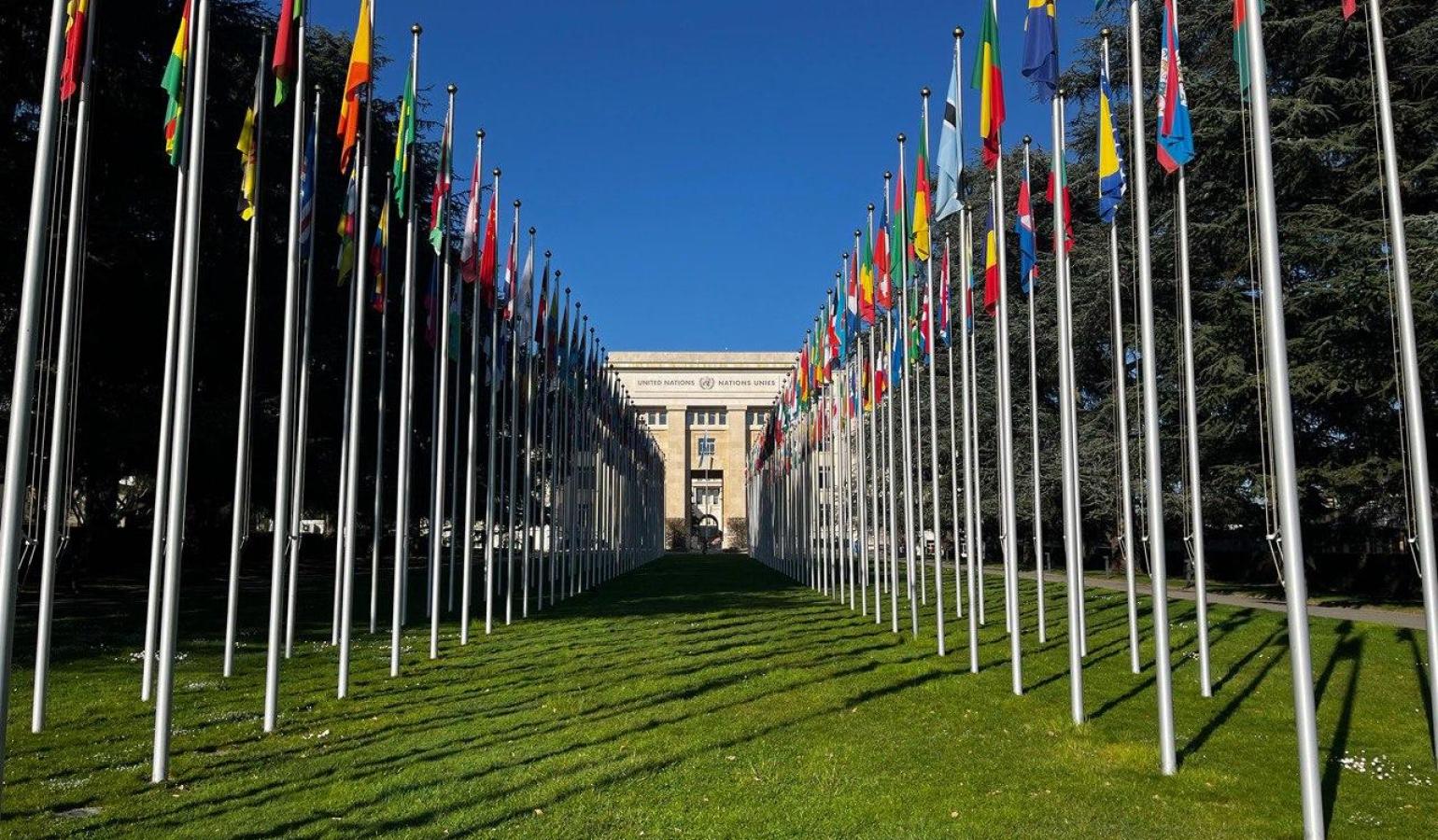
On March 18, a discussion titled "Human Rights in Azerbaijan: The Trials and Detention of Ethnic Armenians" was held at the UN Human Rights Council in Geneva.
Participants included Siranush Sahakyan, head of the Center for International and Comparative Law and Executive Director(Armenia) of Armenian Legal Center for Justice and Human Rights, Philippe Kalfayan, former Secretary General of the International Federation for Human Rights, Arpi Avetisyan, an international human rights lawyer specializing in strategic litigation. The participants called for the immediate and unconditional release of Armenian prisoners.
Only representatives of the International Committee of the Red Cross (ICRC) are permitted to visit Armenian hostages held in Baku—no other organization has such authorization. If the ICRC is forced to close its operations in Azerbaijan, Armenian prisoners will be left entirely at the discretion of Azerbaijani authorities.
Human rights lawyer Siranush Sahakyan has warned about the risks associated with the possible closure of the ICRC’s mission, emphasizing that Azerbaijan is acting against an organization with a purely humanitarian mandate—one that has been providing critical support to Armenian detainees.
“These authorities operate in an anti-Armenian environment, taking actions against Armenia. This move would endanger Armenian prisoners both physically and psychologically, as Azerbaijani authorities would use them as political tools. The ICRC has also been the only means of communication between hostages and their families,” said Sahakyan.
Another source of information about the detainees is their families. According to Arpi Avetisyan, based on information from Ruben Vardanyan’s relatives, he was held in isolation, denied medical examinations, and his health deteriorated.
“Azerbaijani authorities claim that their Human Rights Commissioner has visited the Armenian prisoners, but we know that this cannot be considered an independent body, and its reports cannot be trusted. Meanwhile, the Council of Europe's Committee for the Prevention of Torture has been denied access, which is deeply concerning,” noted Avetisyan.
Out of the 23 Armenian hostages currently held in Baku, 16 are now facing trial. The legal proceedings have been marked by numerous human rights violations.
According to Sahakyan, Azerbaijan’s judicial system is one of the least independent and most corrupt in the world, with power concentrated in the hands of the executive branch, ensuring that the judiciary serves political interests rather than justice.
“There are numerous reports confirming this reality. Given the discriminatory atmosphere against Armenians, there is no scenario in which Azerbaijani judges can make impartial decisions,” stated Sahakyan.
Addressing the sham trials and those being persecuted, Philippe Kalffayan emphasized: “These individuals are symbols of resistance; they sought to uphold the existence of the Republic of Artsakh. They refused to submit to the Azerbaijani administration. That is why they are being prosecuted, and their trials will continue in the coming months.”
The discussion, titled “Human Rights in Azerbaijan: Trials and Detention of Ethnic Armenians,” was organized at the UN Human Rights Council by the European Centre for Law and Justice and the human rights organization Christian Solidarity International (CSI).